Getting a Ph.D. in surgery is a great way to further your career. Not only will you have access to a wealth of academic knowledge, but you'll also gain valuable connections with other surgeons, researchers, and collaborators. With a Ph.D. in surgery, you can be sure that you'll have a solid foundation for your career in medicine. Here are some reasons to get one.
A Ph.D. in surgery is an advanced degree that takes four years to complete. The program is taught entirely in English and includes extensive research on a wide range of topics. Students will learn about basic biology, as well as advanced surgical techniques and treatments. While the coursework is usually focused on academic research, most programs will also include a research component and some form of an internship. It's worth considering if your career goals include being a physician, surgeon, or researcher.
A Ph.D. in surgery can also extend your career options. After you complete your Ph.D., you will have a variety of job options. Your career choice will depend on your area of specialization. However, you could also choose to become a researcher or teach at the college level. You can be a professor, or pursue a clinical position in your field. The choice is entirely up to you.
Ph.D. in surgery Eligibility
Candidates who want to take admission in Ph.D. must have a post-graduate degree in surgery and its relevant discipline with at least 55% marks from a recognized university and must have passed the national level entrance examination or university level entrance examination. National level entrance exams like UGC NET / UGC CSIR NET / GATE / SLET or University entrance exams consist of written tests and personal interviews.
The Benefits of Ph.D. in Surgery
Hiring PhD-in-surgery researchers have several advantages for hospitals and surgeons. In addition to the obvious benefits of having a higher academic output, it gives departments more opportunities for interdisciplinary collaboration, which is essential for translational research. Additionally, the Ph.D. in surgery will add to the existing surgeon-scientist pool in the department and can serve as a mentor for junior faculty.
A recent national survey of chairs of departments of surgery showed that nearly one-fifth of surgeons had a Ph.D. The number of MDs and PhDs who received NIH funding was significantly higher in the top ten surgical departments. Moreover, the percentage of surgeons with a Ph.D. was higher in the departments with more Ph.D. faculty. Those with a Ph.D. are more likely to have diverse research interests and have more job opportunities.
The combined education of surgeons with MDs and PhDs supports the academic mission of departments. In addition to supporting the department's scholarly mission, Ph.D. in surgery graduates are more likely to participate in departmental and institutional-wide activities. This may be due to the increased access to funding for research by MDs. Alternatively, a Ph.D. in surgery can provide opportunities to become a global physician.
The Career and Job Opportunity of a Ph.D. in Surgery
The answer to this question is as varied as the field itself. As with any other doctoral program, the field of surgery offers its share of challenges, and a Ph.D. in surgery can be particularly rewarding and challenging. Working in the clinical environment can be long, difficult, and frustrating. While the work can be fulfilling, a surgical career is also demanding and can lead to some frustrating times. Rather than trying to achieve the perfect balance of work and life, it may be better to consider work-life integration. The concept of a healthy work-life integration is important, but it does not compromise the surgeon's personal life. It should be integrated into their career.
A Ph.D. in surgery is particularly useful for physicians who wish to specialize in surgery. In addition to being more educated, the training involved in completing this degree will also help them excel in research and teaching. Though only a small percentage of students complete the doctoral program, those who do will have a significant impact on the medical staff in the future. Moreover, most doctors with PhDs have a wide range of options for a career in medicine.
While a Ph.D. in surgery can be rewarding, the commitment to become an academic surgeon-scientist is more difficult than the financial commitments required for clinical positions. It is important to balance a surgeon's clinical responsibilities with research time. The percentage of protected time devoted to clinical activities will vary, depending on the researcher's preferences and the demands of their position. However, the career prospects for a Ph.D. in surgery are very diverse, and the job market for a doctor with a Ph.D. in surgery is thriving.
The Future Scope of a Ph.D. in Surgery
One of the main factors that will determine how successful a surgical investigator will be is adequate scientific training. A doctoral degree in surgery provides the necessary education and training to become a surgical investigator. There are a variety of advantages to pursuing a doctorate in surgery. Here are some of them: a. You will be able to work on new techniques that can improve patient care.
You will be trained as a scientist. A Ph.D. in surgery allows you to apply your knowledge in the field of surgery. The research that you perform as a surgeon will advance your knowledge in the field. You will be a better surgeon than you were before, and you will continue to work on new procedures. As a scientist, you will have a unique opportunity to contribute to your field and make significant advances in medical science.
The research you conduct will be of great benefit to the field of surgery. Your doctorate will help you discover novel treatments that will improve the quality of life for patients. You will also have more job prospects as a surgeon-scientist. As a surgeon-scientist, you will have more opportunities to make a difference in your community. And you will have more money to spend on research.
Ph.D. Research Programme duration
The Ph.D. in surgery course is a minimum of 3 years and a maximum of 5 in duration. This depends on the university offering the course.
Fees for research program for surgery
The average fee for Ph.D. in surgery degree is between INR 50000 and INR 500000.
 5 Years
5 Years
 PhD
PhD
 Research
Research







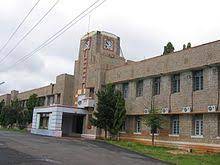
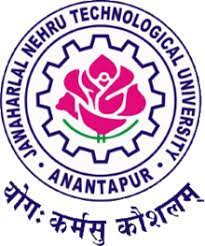
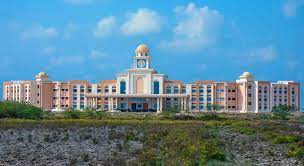
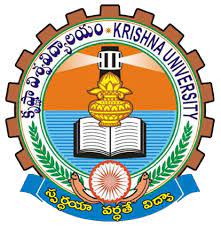
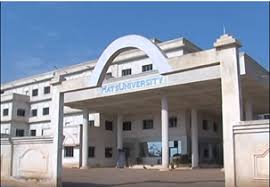

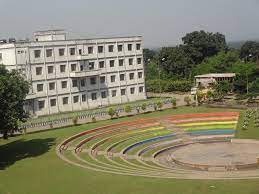



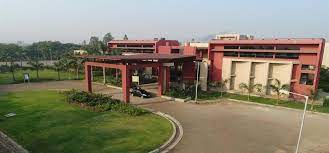





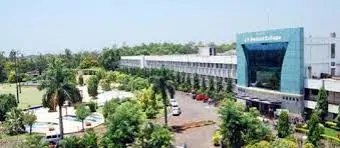
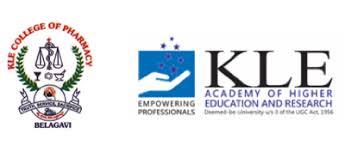

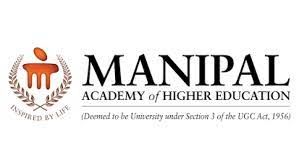
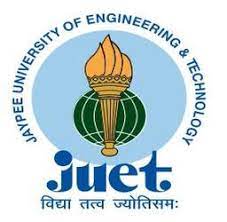
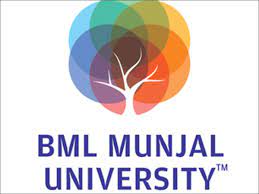
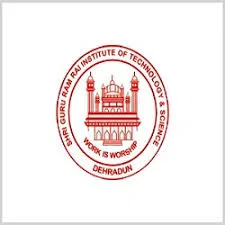

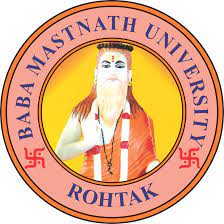

 back
back